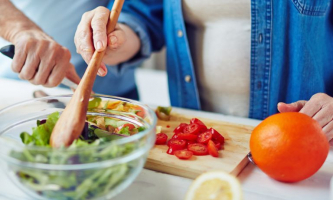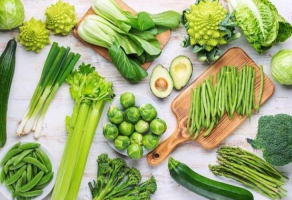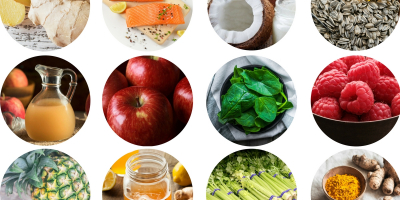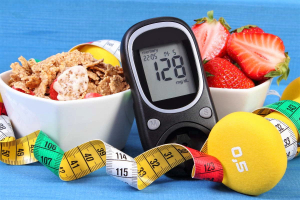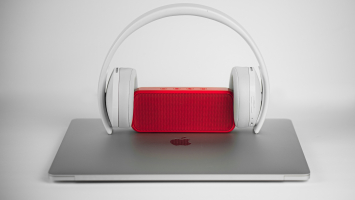Top 10 Ways to Prevent Heartburn and Acid Reflux
Up to 28% of adults in North America suffer from gastroesophageal reflux disease (GERD), a common condition that causes heartburn. GERD is characterized by ... read more...heartburn as a symptom. Although many people treat acid reflux and heartburn with medications, there are many lifestyle modifications you can do to reduce symptoms and improve your quality of life. The following natural treatments for reducing acid reflux and heartburn are all backed by scientific evidence.
-
Gum chewing after meals may not only help you breathe better, but it may also lessen the sensations of acid reflux and heartburn. According to a recent study, chewing gum after a big meal can lower the amount of acid in the esophagus and may help avoid gastroesophageal reflux disease (GERD).
Anecdotal evidence suggests that chewing gum may help reduce esophageal acidity. Studies have revealed that chewing sugarless gum after meals can help prevent cavities by reducing acid and sugar levels in the mouth, according to researchers. The ability of bicarbonate-containing gum to neutralize acid and stop reflux makes it seem particularly beneficial. Gum chewing can also stimulate saliva production, which may help in acid reflux and esophageal cleansing. To discover whether chewing gum can treat acid reflux or lessen the symptoms of heartburn, more recent studies are required.
Chew gum 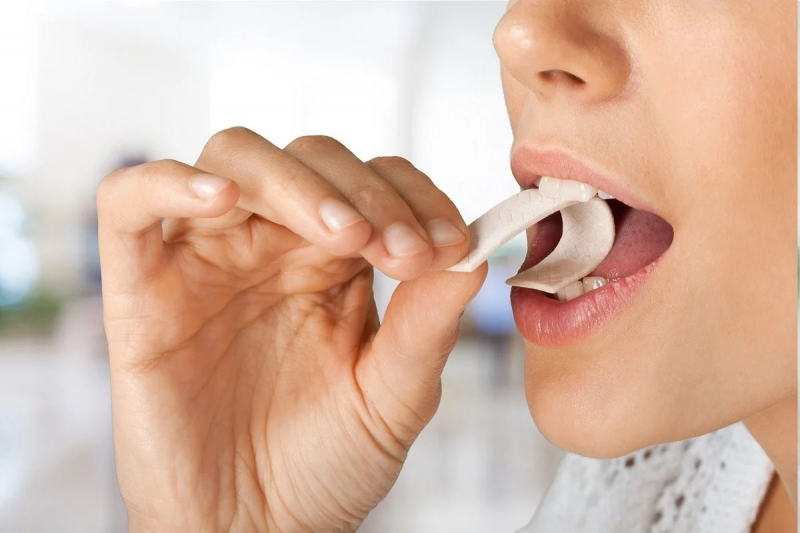
Chew gum -
According to several studies, sleeping on your right side at night may make reflux symptoms worse. In fact, one research found that sleeping on your left side could reduce acid exposure to your esophagus by as much as 71%.
Being on your left side while you sleep is the optimal sleeping posture for patients with GERD, according to numerous studies. Although the reason is unclear, anatomy might be able to explain it. The right side of the stomach is where the esophagus enters. When you sleep on your left side, the lower esophageal sphincter is elevated above the level of stomach acid. On the other hand, lying on your right side increases the risk of reflux because stomach acid covers the lower esophageal sphincter.

Sleep on your left side 
Sleep on your left side -
Some people wake up during the night with symptoms of reflux, which can reduce the quality of their sleep and make it harder to fall asleep.
Raise the head of the bed by 4 to 6 inches, so you can sleep with your head and chest elevated. Elevating the head of your bed as you sleep could help lessen acid reflux symptoms and enhance the quality of your sleep. This action can reduce acid reflux and improve GERD symptoms like heartburn and regurgitation, according to a review of four studies. You could also lie on special wedge pillows designed to help you sleep on an incline. One study found that those who elevated their upper bodies using a wedge while sleeping had less acid reflux than those who slept flat.

Elevate the head of your bed 
Elevate the head of your bed -
People with acid reflux are frequently advised by healthcare professionals not to eat three hours before bedtime. This is due to the fact that lying horizontally after a meal makes digestion more challenging and may make GERD symptoms worse.
In comparison to eating earlier in the evening, one review found that eating late at night increased acid exposure when lying down by 5%. Another study with 817 patients with type 2 diabetes discovered a link between eating dinner later in the night and a higher incidence of acid reflux. However, more research is required before firm conclusions about the impact of late-evening meals on GERD can be drawn. And remember that eating a big meal before bed can cause some major gastrointestinal distress, especially if you already have gastroesophageal reflux disease (GERD).
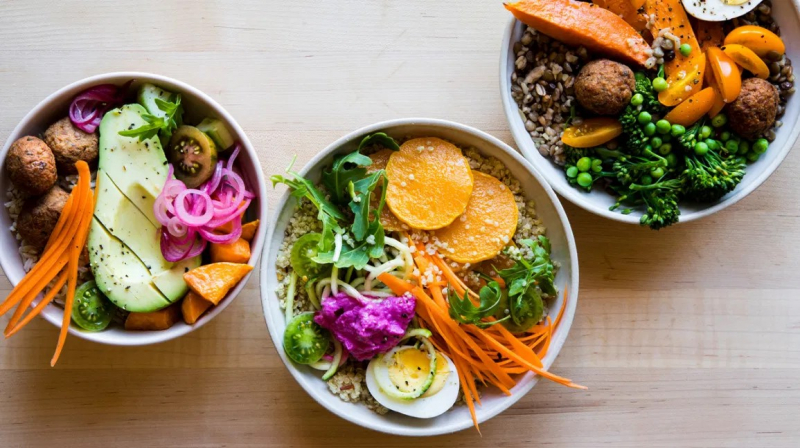
Eat dinner earlier 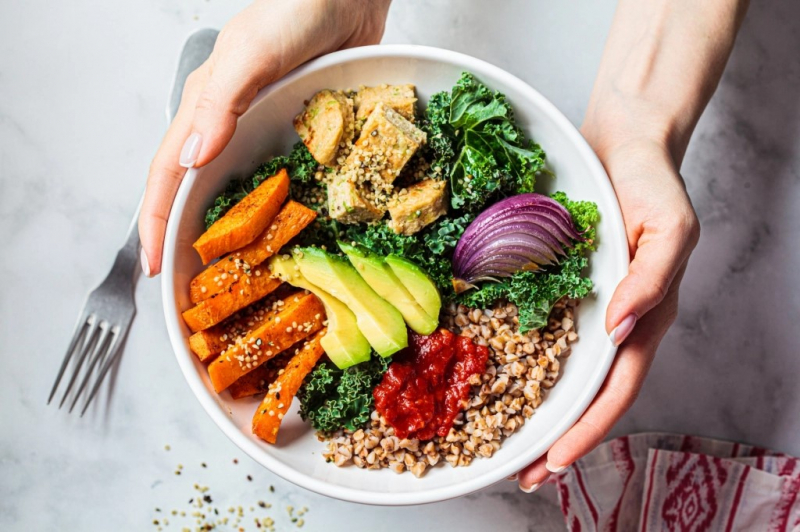
Eat dinner earlier -
Onions are a healthy and delicious addition to many meals. However, for many people, eating raw onions causes acid reflux and heartburn.
A previous study on acid reflux patients found that having a meal with raw onions dramatically enhanced heartburn, acid reflux, and burping when compared to eating the same meal without onions. Burping more frequently could indicate that more gas is being produced. This might be caused by onions' high levels of fermentable fiber. Additionally, raw onions are more difficult to digest and may irritate the esophagus lining, worsening heartburn. Whatever the cause, you should avoid eating raw onion and choose cooked onions if you believe it would worsen your symptoms. One option is to cook the onions before adding them to your meal. This will help to reduce the amount of acid that is released when you eat them.
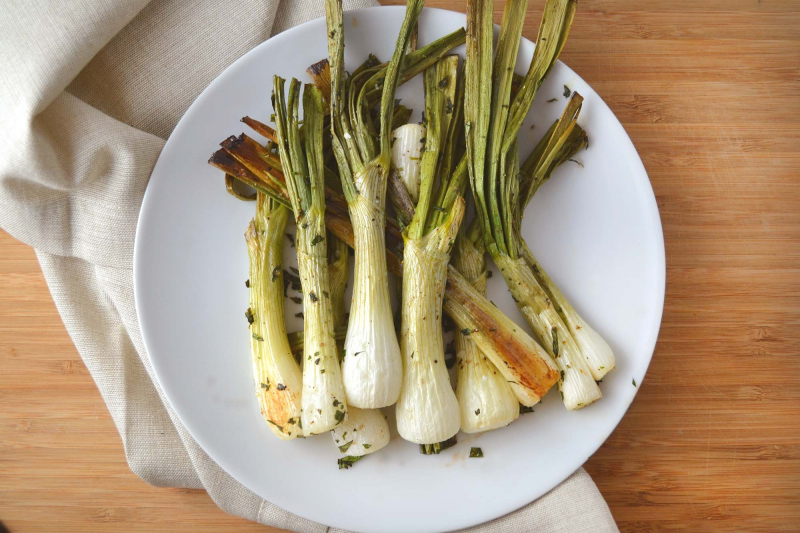
Opt for cooked onions instead of raw 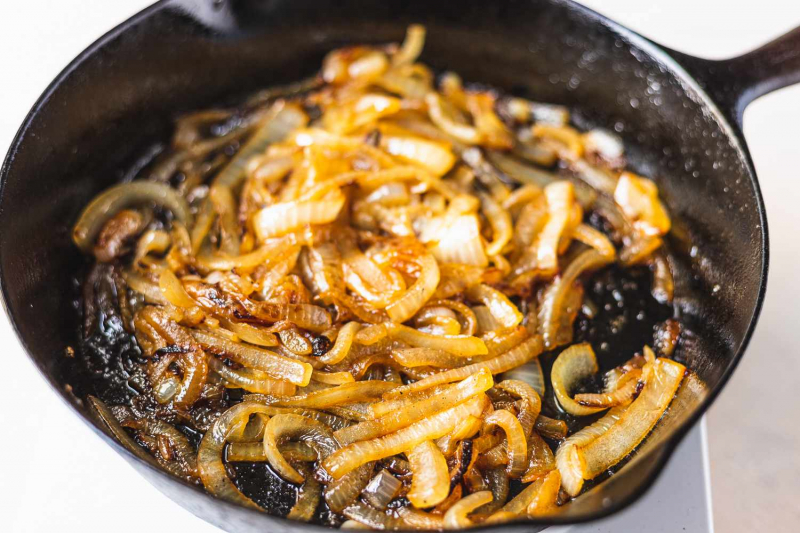
Opt for cooked onions instead of raw -
The lower esophageal sphincter is a ring-shaped muscle where the esophagus flows into the stomach. It serves as a valve and often stops the esophagus from becoming irritated by the stomach's acidic contents. When you swallow, belch, or vomit, it may open even if it normally remains closed.
This muscle is weak or dysfunctional in those who experience acid reflux. Additionally, acid reflux can happen when a muscle is under excessive pressure, allowing acid to pass through the opening. Naturally, the majority of reflux symptoms occur following a meal. It appears that only eating one or two big meals a day may make reflux symptoms worse. Consequently, eating smaller, more often meals throughout the day may assist to lessen acid reflux symptoms.
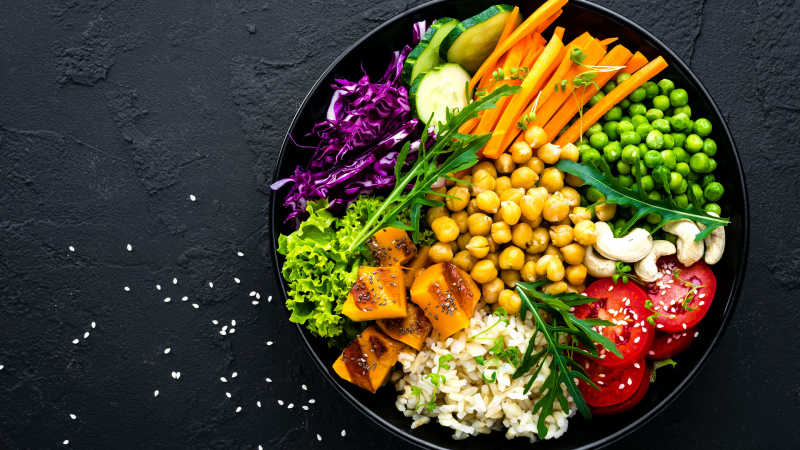
Eat smaller, more frequent meals 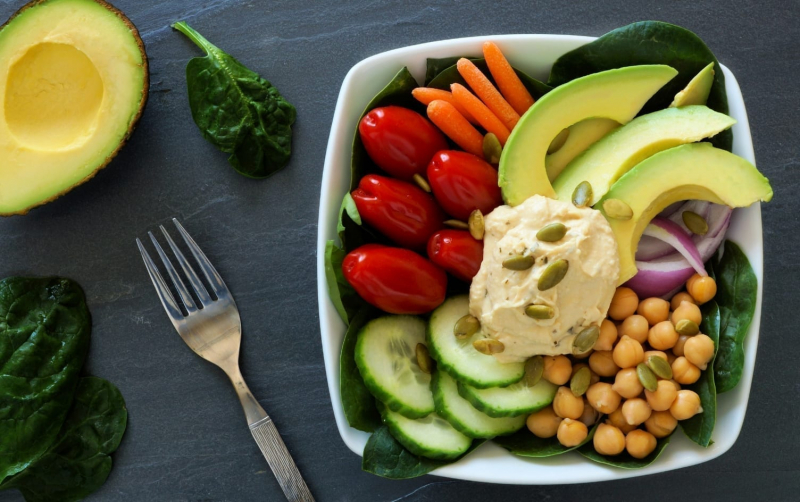
Eat smaller, more frequent meals -
Above your stomach is a muscle known as the diaphragm. The lower esophageal sphincter is typically strengthened by the diaphragm, preventing excessive amounts of stomach acid from flowing into the esophagus.
The lower esophageal sphincter may be pushed upward and away from the support of the diaphragm, though, if you have excess belly fat. The most common cause of GERD is thought to be this condition, also known as a hiatal hernia. Additionally, studies suggest that having too much belly fat may increase your risk of GERD and acid reflux. For this reason, some studies indicate that people with GERD may have a considerable reduction in GERD symptoms by decreasing at least 10% of their body weight. In the longterm, achieving and maintaining a moderate body weight can help to lessen acid reflux.
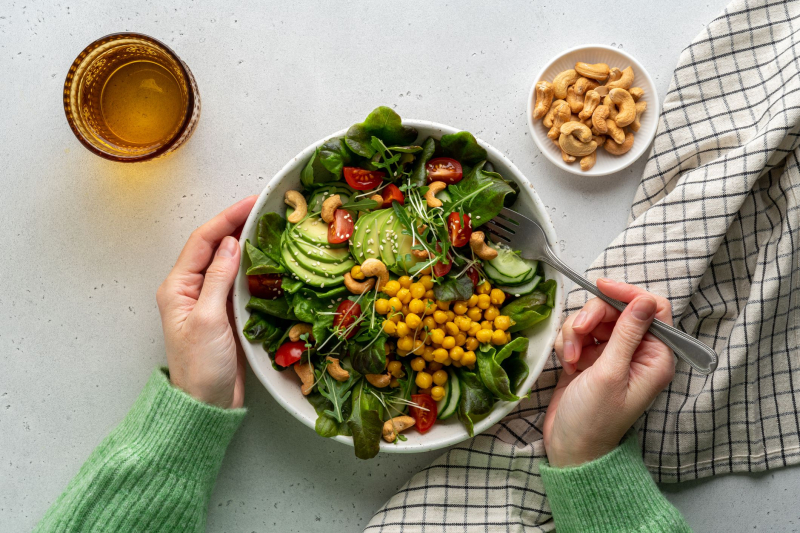
Maintain a moderate weight 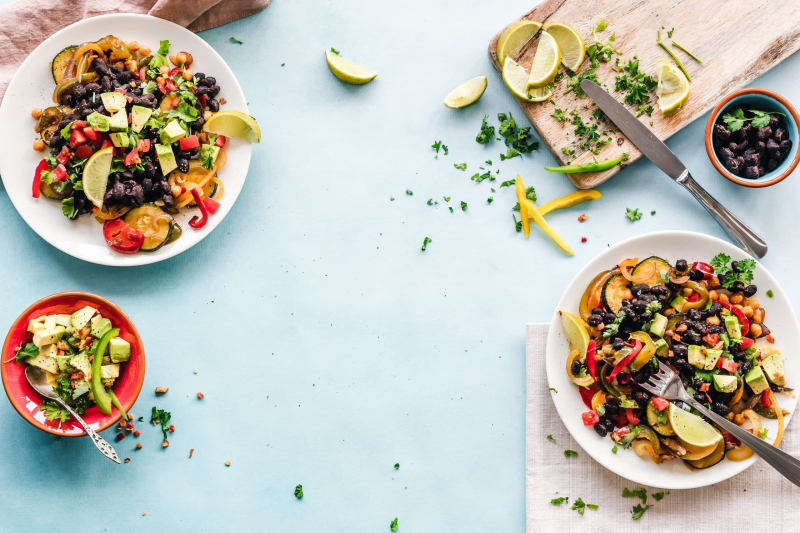
Maintain a moderate weight -
Low-carb diets have been popular for decades. They improve numerous health markers, such as blood triglycerides, HDL (good) cholesterol, blood sugar, and blood pressure. Compared to a traditional Western diet, this eating style has a tendency to be lower in carbs and higher in protein. It often places a focus on lean meats, fish, eggs, nuts, seeds, vegetables, and healthy fats.
There is growing evidence that low-carb diets may reduce symptoms of acid reflux. In fact, some scientists believe that unprocessed carbohydrates may promote bacterial growth and raise abdominal pressure, both of which may exacerbate acid reflux. Burping is another common symptom of having too many undigested carbs in your digestive system in addition to gas and bloating. Although some studies have shown that low-carb diets may reduce reflux symptoms, more research is required.
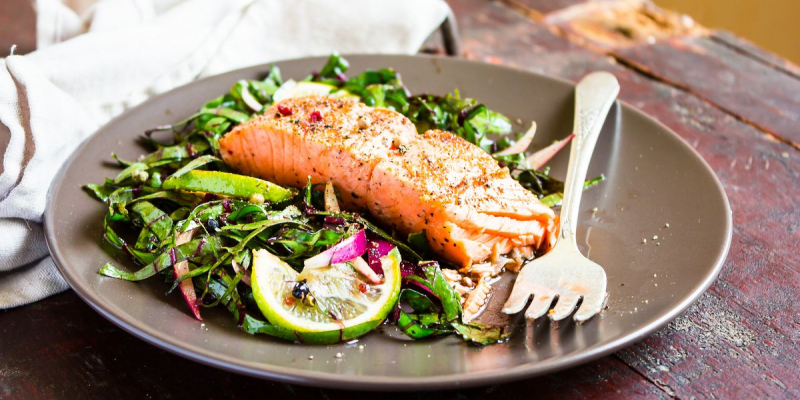
Follow a low carb diet 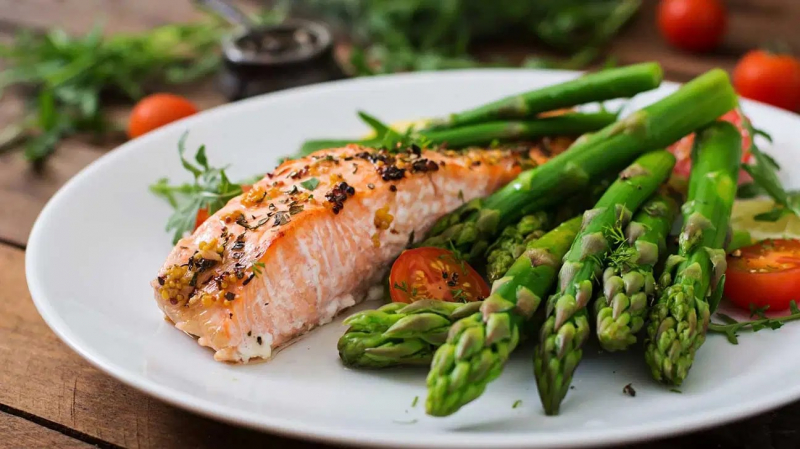
Follow a low carb diet -
Heartburn is a common side effect of drinking alcohol. In some cases, alcohol may make GERD and heartburn more common. According to a review from 2019, those who drank more alcohol or more frequently were more likely to get GERD. Although this does not imply a causal relationship, it does raise the possibility.
In fact, alcohol use may make acid reflux and heartburn worse. In fact, some researchers have suggested a connection between greater acid reflux symptoms and increased alcohol use. Alcohol worsens symptoms by increasing stomach acid, relaxing the lower esophageal sphincter, and reducing the esophagus's ability to clear out acid. Older studies also indicate that drinking wine or beer worsens reflux symptoms, particularly when compared to simply drinking water.
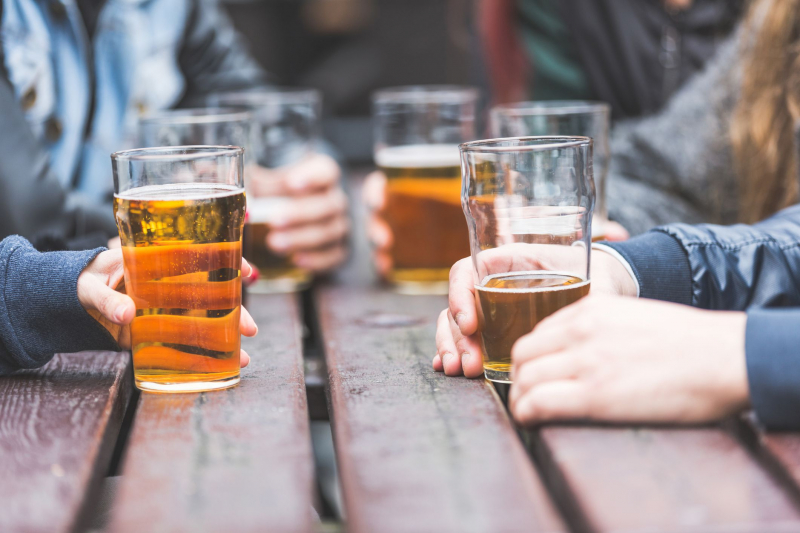
Limit your alcohol intake 
Limit your alcohol intake -
Coffee temporarily loosens the lower esophageal sphincter, increasing the risk of acid reflux, according to studies. Caffeine may also be a factor, according to some evidence. Caffeine relaxes the lower esophageal sphincter similarly to coffee, which may result in reflux.
However, despite numerous studies suggesting that coffee and caffeine may make some people's acid reflux worse, the evidence is not completely conclusive. For instance, one review of observational studies discovered no appreciable effects of coffee consumption on self-reported GERD symptoms. However, when researchers used a small camera to examine the symptoms of acid reflux, they discovered drinking coffee was associated with more severe acid damage to the esophagus. Therefore, it may vary from person to person if drinking coffee makes acid reflux worse. It's advisable to skip coffee totally or consume it in moderation if you have heartburn after drinking it.

Don’t drink too much coffee 
Don’t drink too much coffee













